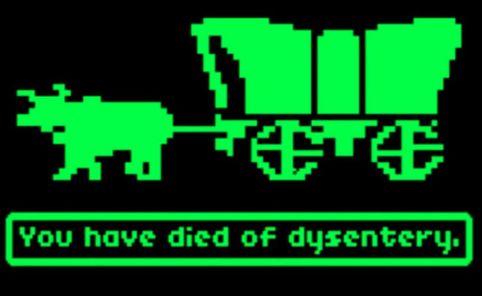 #WaterIsLife - Ad: "The Progressive Slate: California" cover photo via @ Facebook.com/groups/ProgressiveSlateCA #WaterIsLife - Ad: "The Progressive Slate: California" cover photo via @ Facebook.com/groups/ProgressiveSlateCA Searching for stock images today turned up a recent news story from NBC calling, "raw water," dangerous. It was labeled as an opinion piece which we see all too often in the, "news," lately. An opinion is a view or judgement held without necessarily having all the facts. In other words: It's prejudice, not journalism. To the untrained eye the author may have some solid points. But to what end? Right away I notice the author is playing on people's ignorance and calling anyone who disagrees inherently anti-science. To the contrary his very nature is itself anti-science. Since objectivity is the highest ideal in science, his bias and discouragement of dialogue is what actually makes his article anti-science. Unless you are drinking straight from a pond without a life straw, marketed raw water is not dangerous. Very few companies like Tourmaline Spring have what is called a, "treatment exemption." But some water bottlers have managed to achieve this status because their raw water, bottled at the source, already meets FDA, CDC, EPA and DPH standards. If it did not meet these standards one of these agencies would shut them down immediately and they would likely have a slew of lawsuits on their hands. The seemingly paranoid author would have you believe some haphazard mountain freaks were trying to sell you pooh water in a conspiracy to kill you Oregon Trail style; dysentery. But if you don't believe him based on his usage of big words you're an anti-science, purist bigot accomplice to the pooh conspiracy who is intolerant of his (prejudice) opinion. (That last bit was sarcasm.) We saw this tactic throughout the 2016 presidential campaign and we've seen it with other lobbies such as genetically engineered foods and tobacco. One of the author's most alarming points is that natural, untreated water could contain arsenic *gasp* Well guess what? Arsenic is allowed by the FDA in your "clean" bottled water. Is that because it is naturally in what he calls "clean" water? No, the FDA allows a small amount of arsenic to be added to your water to disinfect the plastic bottles. This reminds me of the inverse of the LWV 'People not Polluters' campaign in support of the Clean Air Act. The ads featured children who already had breathing difficulties. Rolling back Clean Air Act regulations could have literally meant life or death for them. But the LWV were portrayed by a local outlet as global warming alarmists. Alarmist or not the ads worked because they were accurate. Scott Brown lost his next election and the Clean Air Act regulations stayed in place. Now it seems certain propagandists have launched the same strategy if only to justify their continuing to poison our municipal water supplies, further driving the market for water privatization conglomerates like Nestle. The underlying message is, "trust the government," "ingesting poison in small amounts is good for you so long as it's artificial." Here is the ironic part; unless you are buying a brown jug from a non-permitted road side stand the DPH, EPA, and FDA likely approved that water for market. If this was real journalism the author would have explained treatment exemption. So who is not trusting the government now? Ironic how an author could pose such logical fallacies and accuse raw water consumers of the exact same thing. Perhaps even more disturbing is the author's parlay that what happened in Flint, Michigan is rare. While the specifics of the incident are indeed rare it's not rare at all for municipal drinking water to be contaminated. It's just that these incidents often go unreported. Here in Massachusetts it was only recently found that toxic coal ash and radioactive water from an abandoned Texas Instruments enrichment facility was contaminating reservoirs. However the EPA removed the superfund sites from their schedule despite black water still coming out of faucets. Can you even trust journalists though? Don't take my word for it. When Maria hit Puerto Rico recently US officials warned Puerto Ricans not to drink water from superfund sites. Yet here is Weather.com and CNN telling you it's perfectly safe. Superfund sites are sites so toxic they've become a national priority. You can find the National Priorities List of over 1,340 superfund sites here on the EPA website. To put our toxicity problem into perspective Flint does not even qualify as one of the 65 Superfund sites in Michigan. This also doesn't account for the effects of fracking's byproducts and proprietary chemicals on drinking water. One thing we do know is water bottlers like Nestle, Pepsi, and Coca Cola continue to profit from these practices as do companies like Dow Chemical and Dupont. The author of the NBC article is aiming his pen at the small start ups trying to remedy the centralization and unabashed contamination in water privatization. These small start ups are among the few providing real clean water. |
Andrea RomigAndrea is a mom, producer, and blogger from Foxborough, MA. She is committed to promoting a fabulously sustainable lifestyle. Archives
January 2017
Categories |


 RSS Feed
RSS Feed
